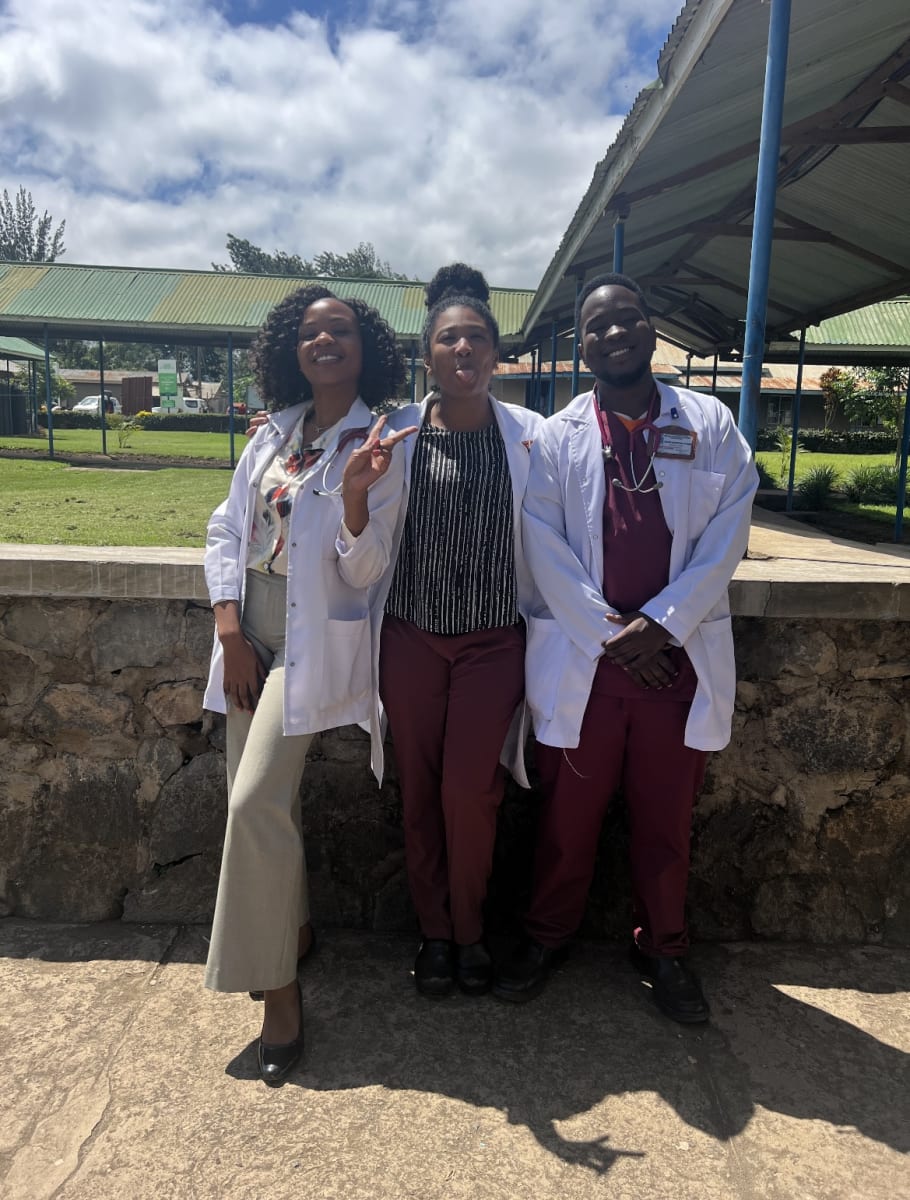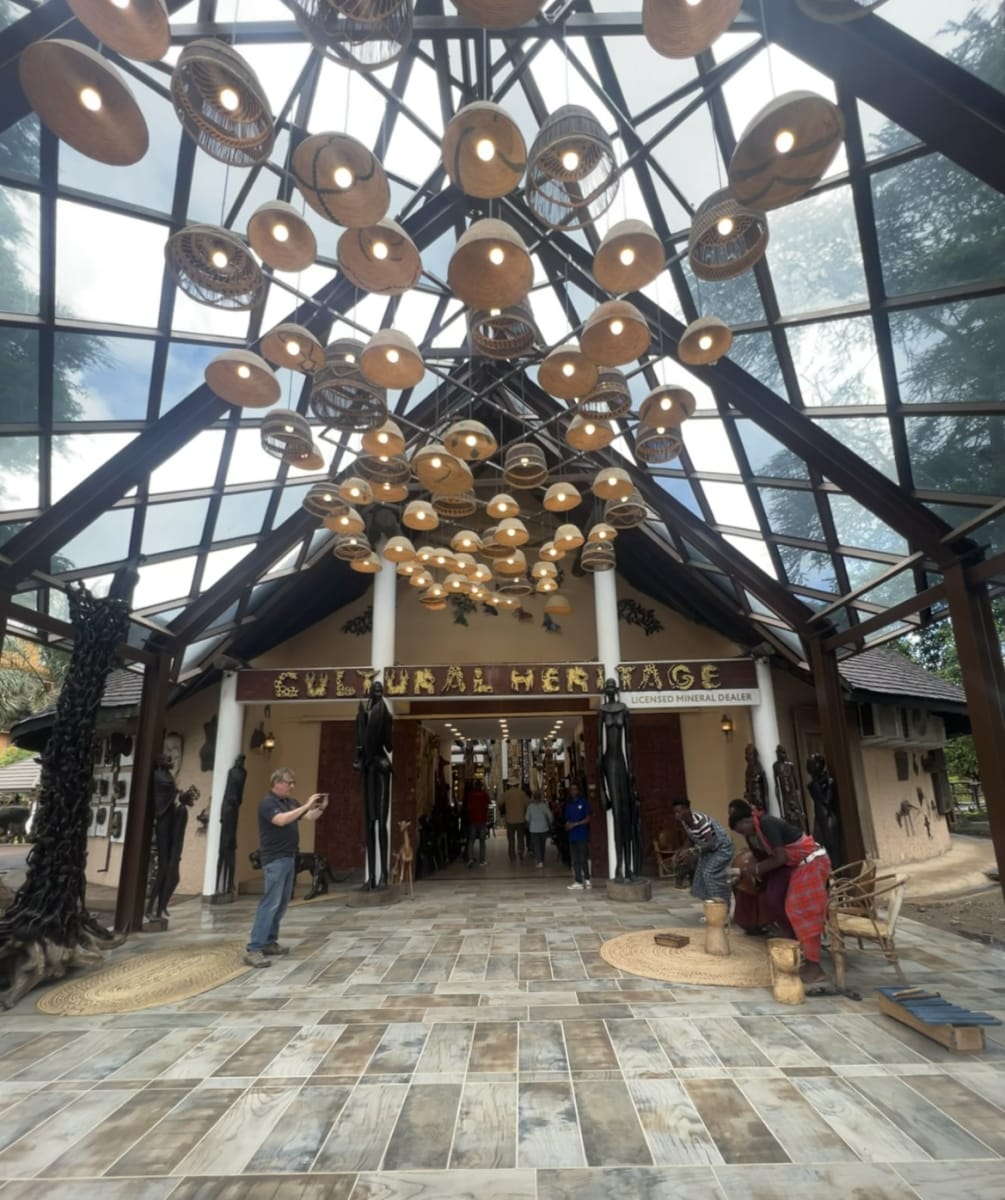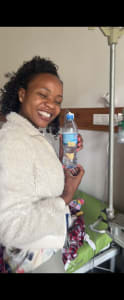For my project we will be working in collaboration with the local healthcare workers at Arusha Lutheran Medical Center and Selian Lutheran Hospital in Arusha, Tanzania. Our goal is to identify barriers and care gaps in pain assessment and management and to develop a protocol for neonatal patients in the NICU. We will initially observe what staff are doing to assess and rate pain in our patient population. Following this we will look at data and begin to put together a scale for assessing neonatal pain and then develop a protocol to manage pain with both nonpharmacologic and pharmacologic treatments. To make this protocol most effective, we will also work with the staff to determine what resources and medications are available so that the protocol is cost-effective and easy to integrate into everyday care. For example, we can teach them how to make “Sweet-ease”, a sucrose product commonly used in the US in infants to help with discomfort during painful procedures. We can also teach staff and parents how to do other nonpharmacologic treatments such as massage which have been proven to help with discomfort in these populations. Lastly we can also develop lists of painful procedures that can lead to stress and pain to help guide staff on what treatment methods may be best.
The ultimate goal is to increase awareness of pain in the neonatal population and to create a way to assess it so that it can be appropriately treated. Additionally, we plan to do this in a way that is cost-effective and easy to implement. We will develop the protocol with this specific population in mind as well as the resources available at this hospital and in the community. From this in the future I hope that we can also develop educational pamphlets and lectures for others who work with similar populations as this topic is largely uncovered currently, especially in low and middle income countries.
We hope that children and families impacted by prematurity and/or pain, as well as healthcare workers who care for these patients, will benefit from this project. Everyone in the pediatric population experiences pain whether it be temporary for a procedure or chronic due to medical disease. Many children can verbalize when they are in pain, but neonates cannot. Because of this we need to use other methods to determine if these infants are in pain. We can use objective data such as vital signs or subjective signs such as grimacing, agitation, or increased fussiness and crying. Unfortunately these signs aren’t always accurate and while they may allow us to identify some pain and discomfort we are likely not treating all neonatal pain.
Studies show that neonates are hypersensitive to painful stimuli due to their immature nervous system and decreased inhibition of nociceptive pain. It has also been reported that when not treated appropriately in neonates there may be long-term, even lifelong, consequences such as altered neurobehavioral development. Luckily, it has been shown that the use of pain scales provides more consistency between nursing and other clinicians to provide a more accurate assessment of pain or discomfort. In addition to quantifying pain, these scores when tracked over time can also tell the healthcare team if management, both nonpharmacologic and pharmacologic, is effective. This allows staff to both increase interventions to improve management or decrease treatment if management is leading to negative effects such as increased unwanted sedation.
We hope that developing a protocol for pain management with the staff working in these hospitals will encourage increased and more standardized assessments for pain and thus increased and more effective pain management. We hope this partnership will create a bidirectional exchange of knowledge which can lead to more informed practices for healthcare teams in the US and in Tanzania.
We expect that our project will highlight the prevalence of neonatal pain, the importance of treatment, different ways to treat pain both pharmacologically and nonpharmacologically, and that untreated pain can lead to life-long effects. Our project will lead to a more standardized way to evaluate pain and will provide guidance in how to manage pain in a step-wise fashion. These treatments will be determined with the patient population and local resources in mind, making pain management cost-effective and widely accessible. Teaching non-pharmacologic ways to decrease pain will also allow families to be more involved in pain management through things such as providing sweet-ease, facilitated tucking, non-nutrative sucking, infant massage, and kangaroo care.
We will be doing this work alongside healthcare staff in the hospital while we are there. Because we will be using their input and assistance to develop and implement these protocols we believe it will be easier to get more buy-in from care teams to continue this work. These staff can also continue to educate others who will be using the protocol even after our team has left. Additionally, our program has a strong connection with the Tanzania team through our global health track at the University of Minnesota. We have both University Staff that are permanently working in the NICU in Tanzania and residents who rotate through the hospital many months throughout the year. Because of these ties we can also continue to educate incoming residents on these practices so that they can be continued. We also hope that if we see improvement and impact with this project we can can continue to adapt it over time as the population using it changes. We expect it will be easy to adapt these protocols even after we are gone as we will develop them alongside those who will be using it and with Arusha, and its barriers to this care, in mind.






While I was in Tanzania my project focused on the NICU at Arusha Lutheran Medical Center (ALMC). There we worked to determine what was being done for neonatal pain - is it being assessed and documented and how is it being managed - and to provide education and develop some guidelines on how to recognize, assess and score, and manage neonatal pain.
While there we were able to provide education for medical staff about neonatal pain, why it is important, and long term effects on infants in the NICU. We also created flow sheets that could be used to determine what pharmacologic and non-pharmacologic methods could be used to manage pain of different etiologies. Next steps will be to create forms that can be used by nursing staff when charting to monitor and track pain, causes, and management for surgical/procedural patients in the NICU so that we can improve overall pain in these patients.
Overall my experience in Tanzania was amazing! It was so great to spend time in their NICU and to learn from their medical staff about the wonderful care and outcomes that they provide at ALMC. I have made lifelong friends after my trip and I look forward to visiting in the future as well as working with future residents to continue this work!